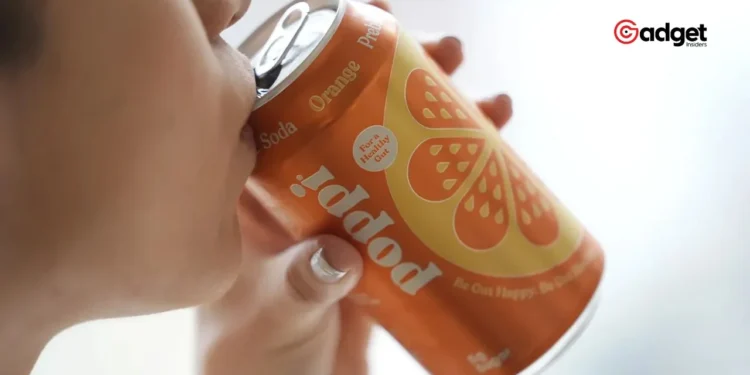Poppi, a brand that soared to fame after its successful pitch on “Shark Tank,” is now facing serious allegations. The prebiotic soda, once celebrated for its gut health benefits, has been targeted by a class action lawsuit, claiming that the drink fails to deliver on its promises. Kristin Cobbs of San Francisco has spearheaded the lawsuit against Poppi’s parent company, VNGR Beverage LLC, based in Austin, Texas. Cobbs, representing herself and others who feel misled, asserts that Poppi’s health claims are not just overblown but potentially harmful.
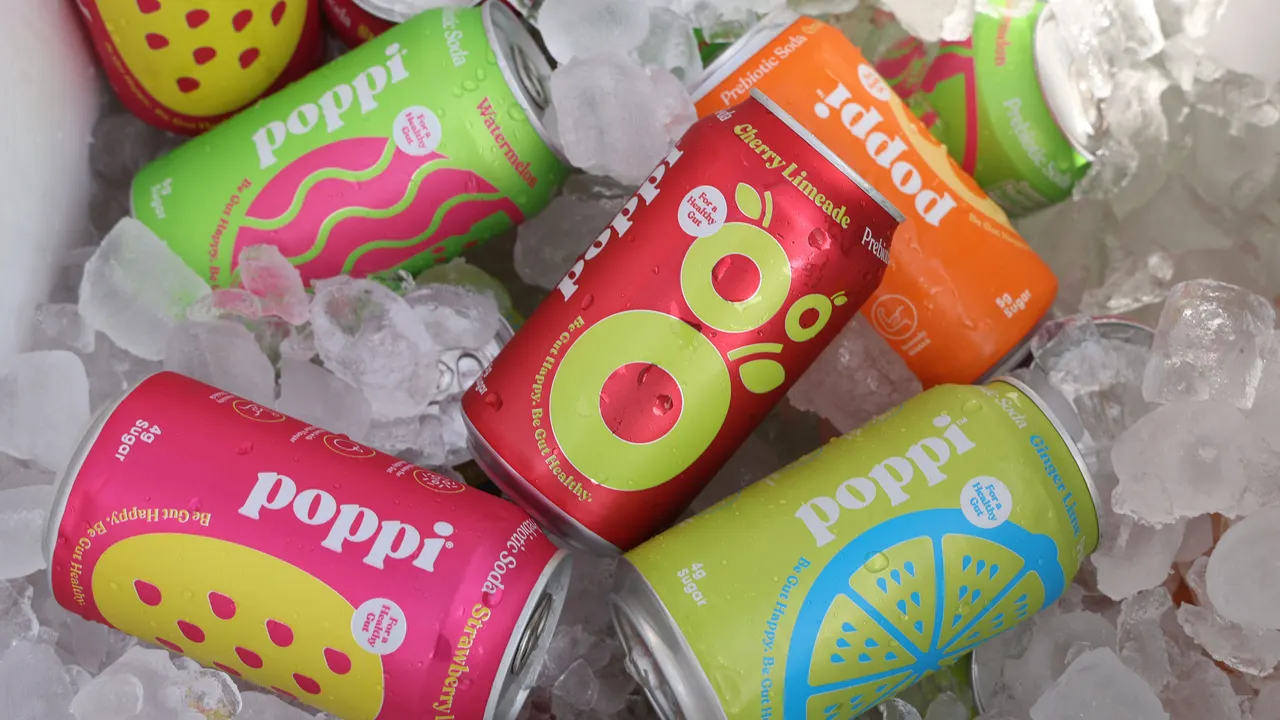
Unpacking the Allegations: Is Poppi Truly Beneficial?
The lawsuit brings to light several concerns surrounding Poppi’s health benefits. It claims that each can of Poppi contains only two grams of prebiotic fibre—insufficient to provide any real gut health advantages. To achieve any potential health benefits, a consumer would need to consume more than four cans daily. However, such an amount could lead to an excessive intake of sugar, potentially nullifying any positive effects of the prebiotics.
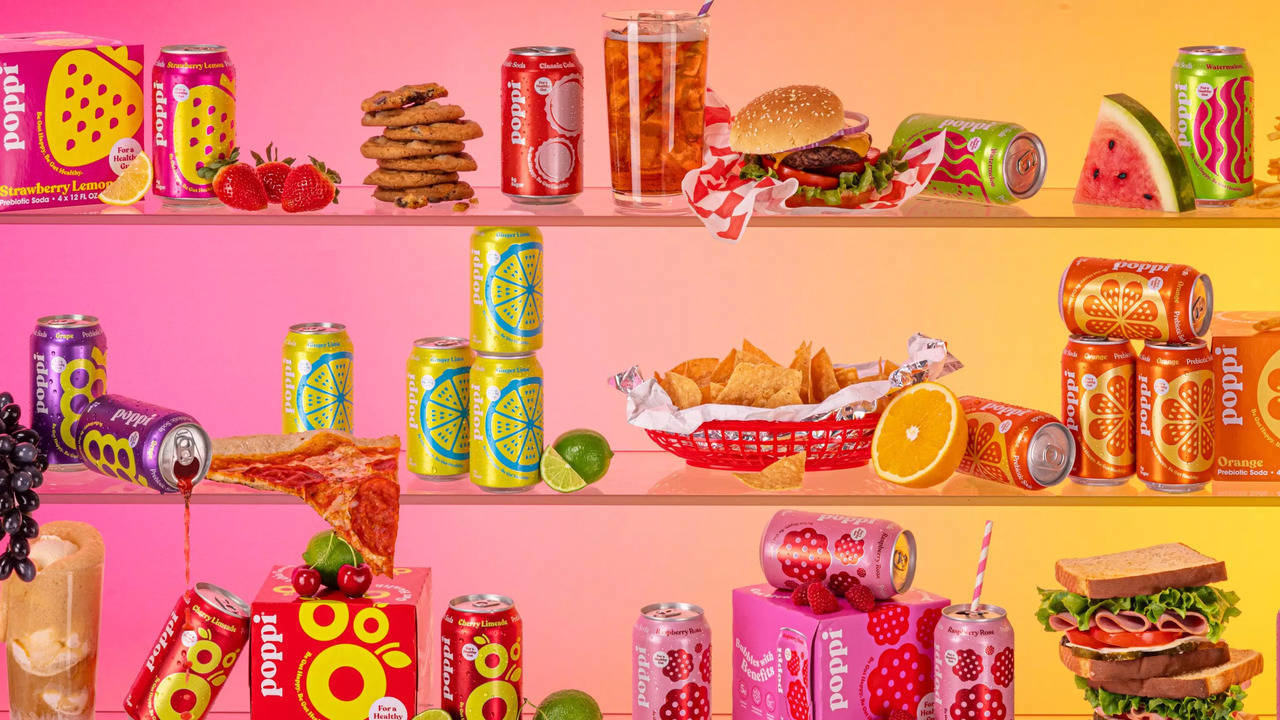
Consumer Disappointment and Legal Battles
Kristin Cobbs alleges that she was swayed by Poppi’s marketing to pay a premium for what she believed was a healthier soda option. “Ms Cobbs, however, did not receive the benefit of her bargains because the Products did not, in fact, contain enough ‘prebiotics’ to achieve any meaningful ‘gut health,'” the lawsuit states. This sentiment is echoed by many who feel that Company’s marketing was misleading—promising a health elixir but delivering a product that could not meet these claims.
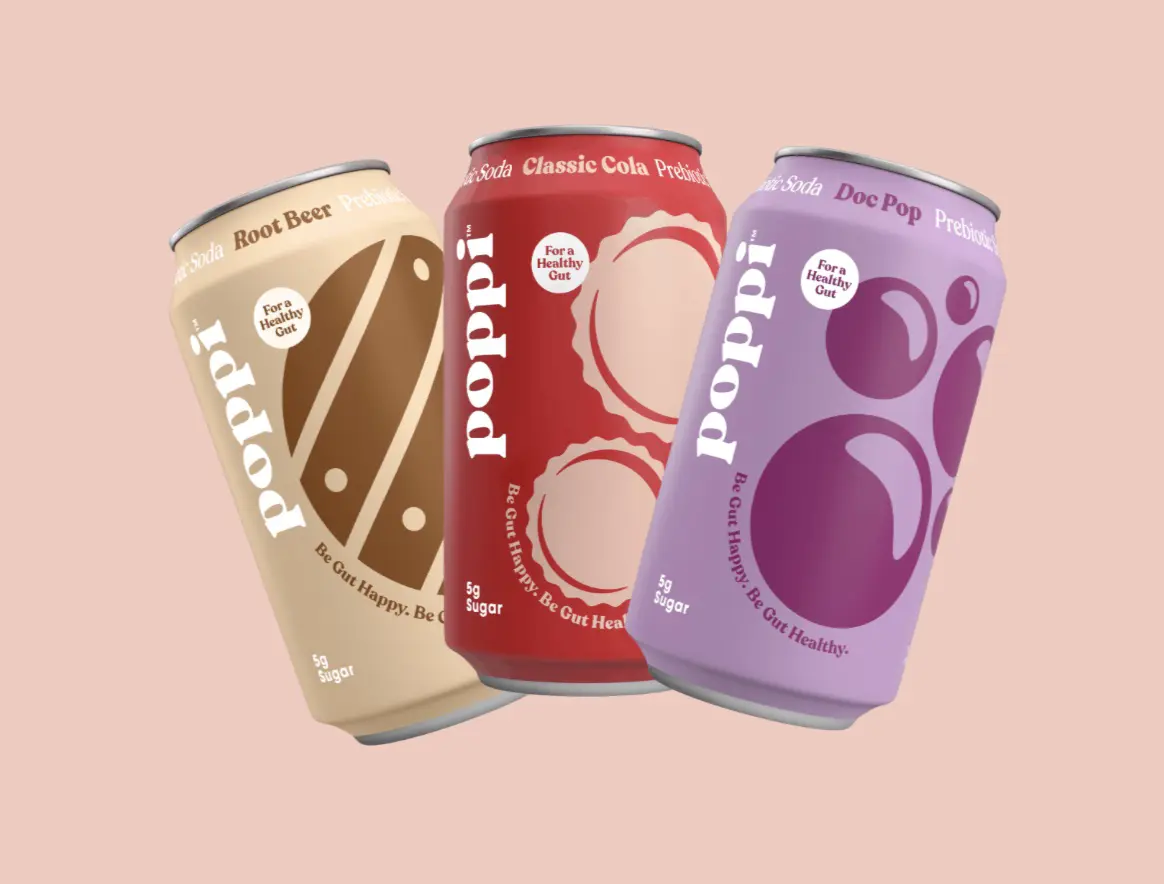
Scientific Backing and Health Concerns
Further complicating matters, the lawsuit references studies indicating that excessive consumption of agave inulin—the type of prebiotic found in Poppi—can lead to adverse health effects. This adds another layer of concern for consumers like Cobbs, who were unaware of the potential negative impacts of overconsumption.
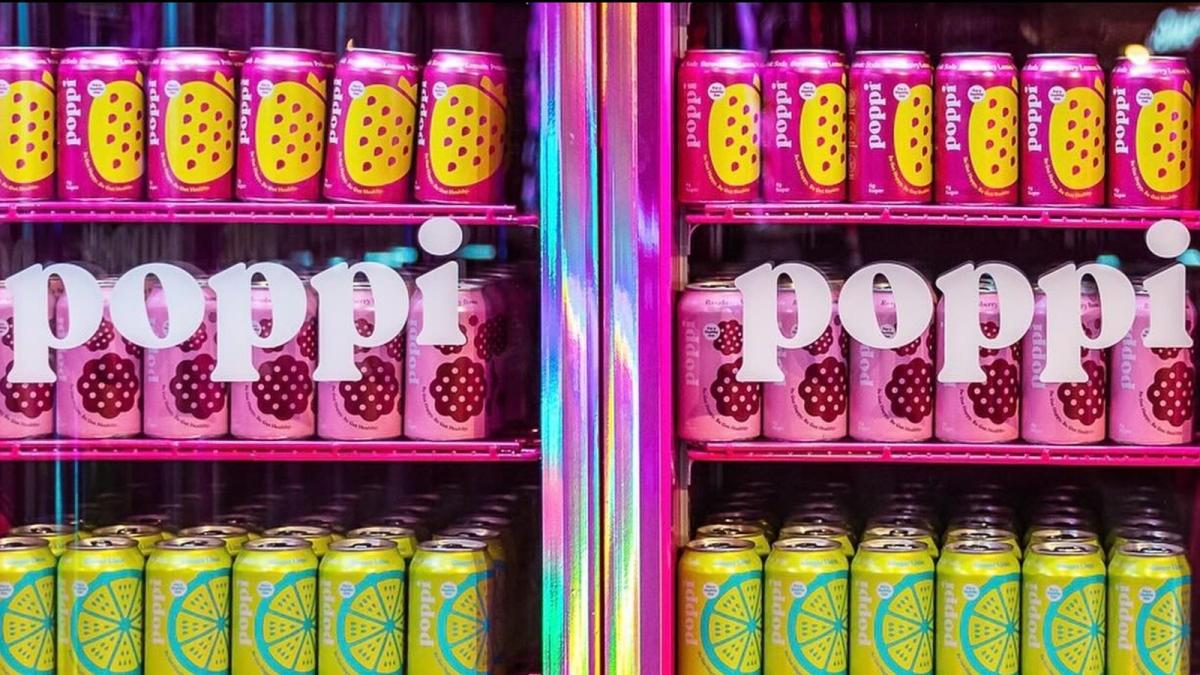
The Call for Accountability
The lawsuit underscores a growing demand for transparency and accountability in the marketing of health-focused products. As the case progresses, it will likely ignite a broader discussion on the responsibility of beverage manufacturers to provide clear, accurate information about the health benefits of their products.
As the legal proceedings gain momentum, the outcome of this lawsuit could set a significant precedent for how health benefits are advertised in the beverage industry. With a jury trial demanded, all eyes will be on how Poppi responds to these allegations and what steps will be taken to address consumer grievances. This case may very well redefine the boundaries of health marketing, ensuring that future claims are not just appealing but accurate and substantiated.

